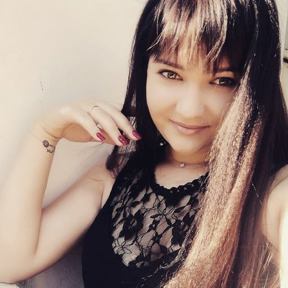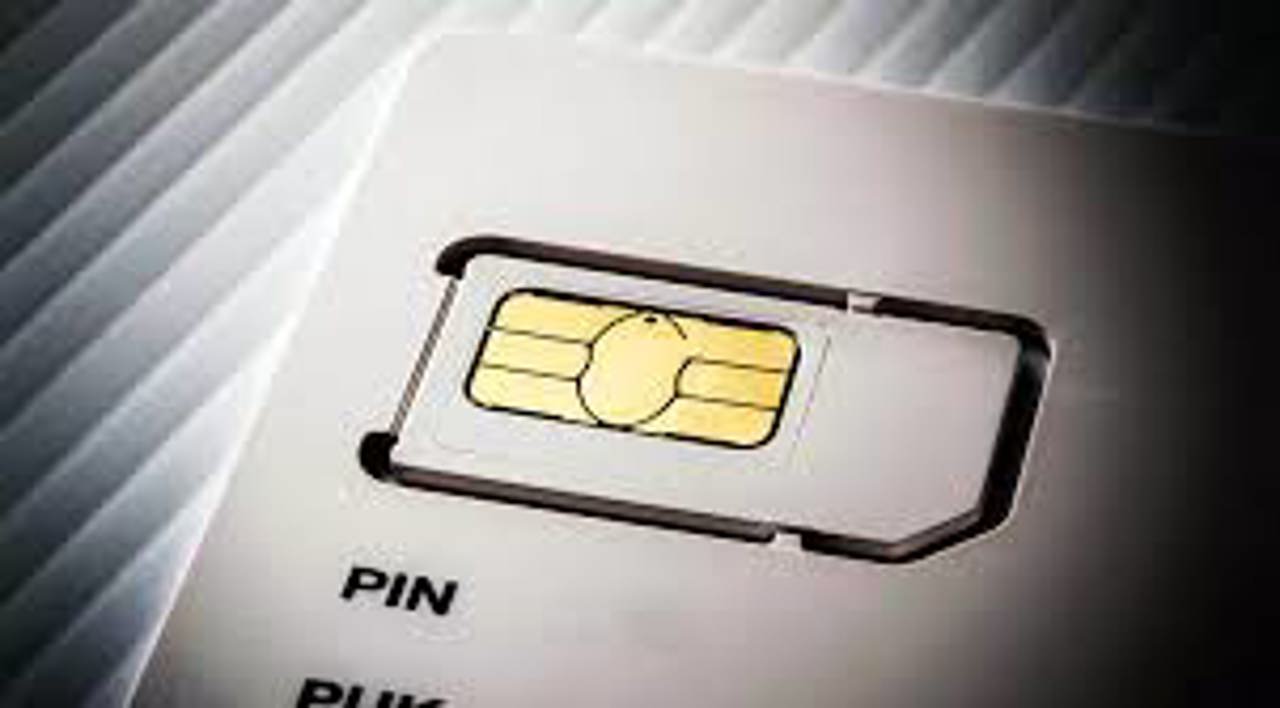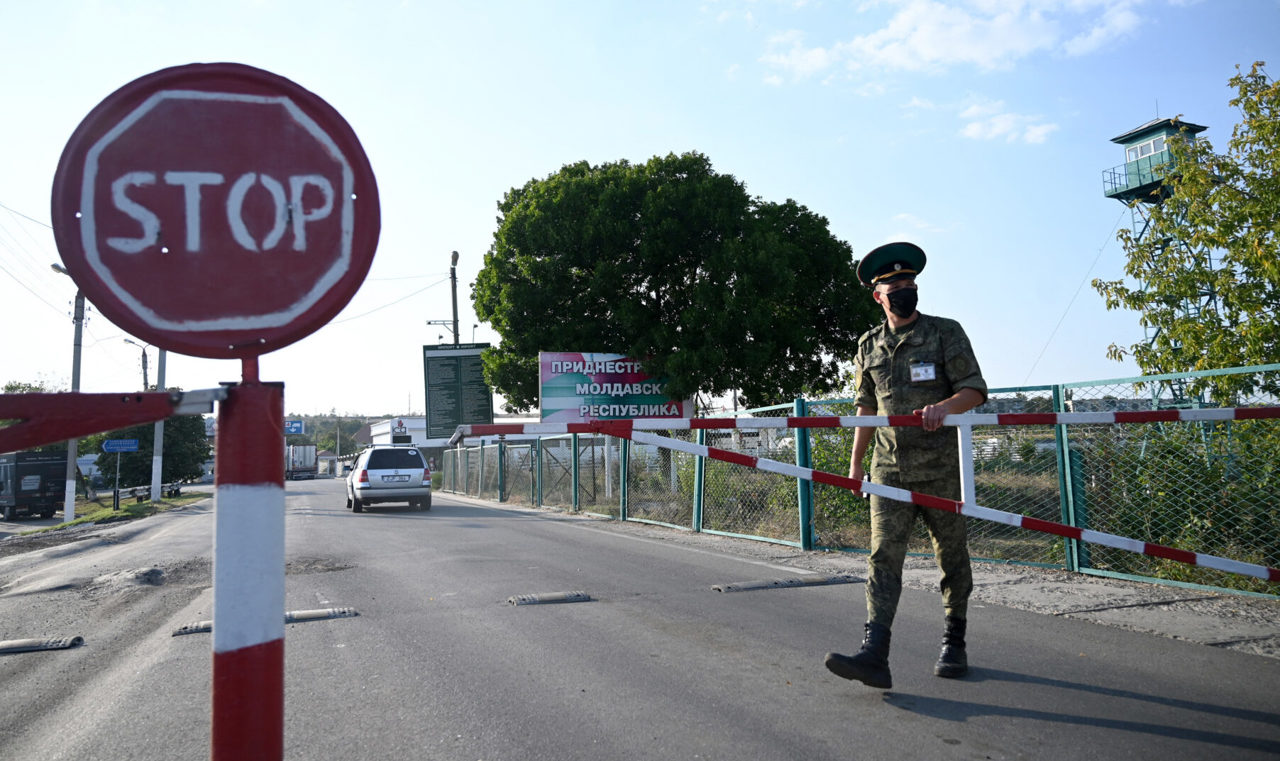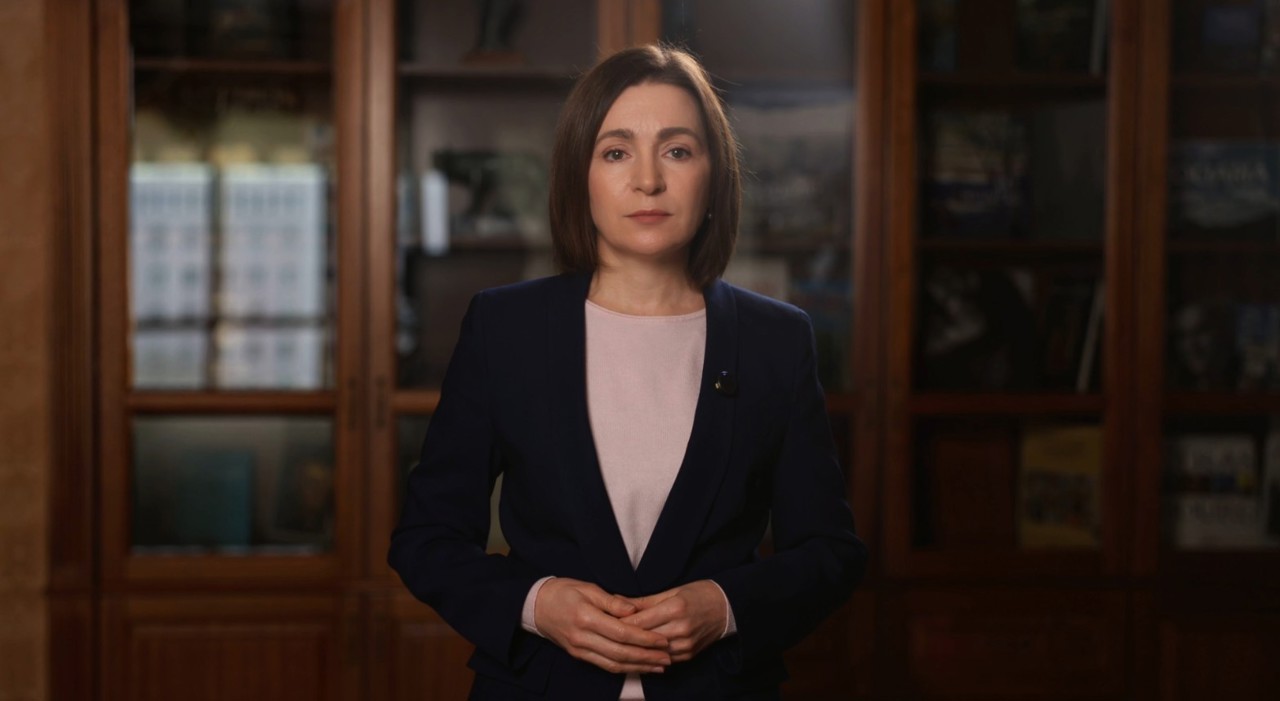Russia, Belarus Athletes Under Neutral Flag at Olympics
Russian and Belarusian athletes admitted to the 2024 Paris Olympics under a neutral flag will not parade along the Seine with the other delegations at the opening ceremony on July 26, the International Olympic Committee (IOC) announced on Tuesday, quoted by AFP and news.ro.
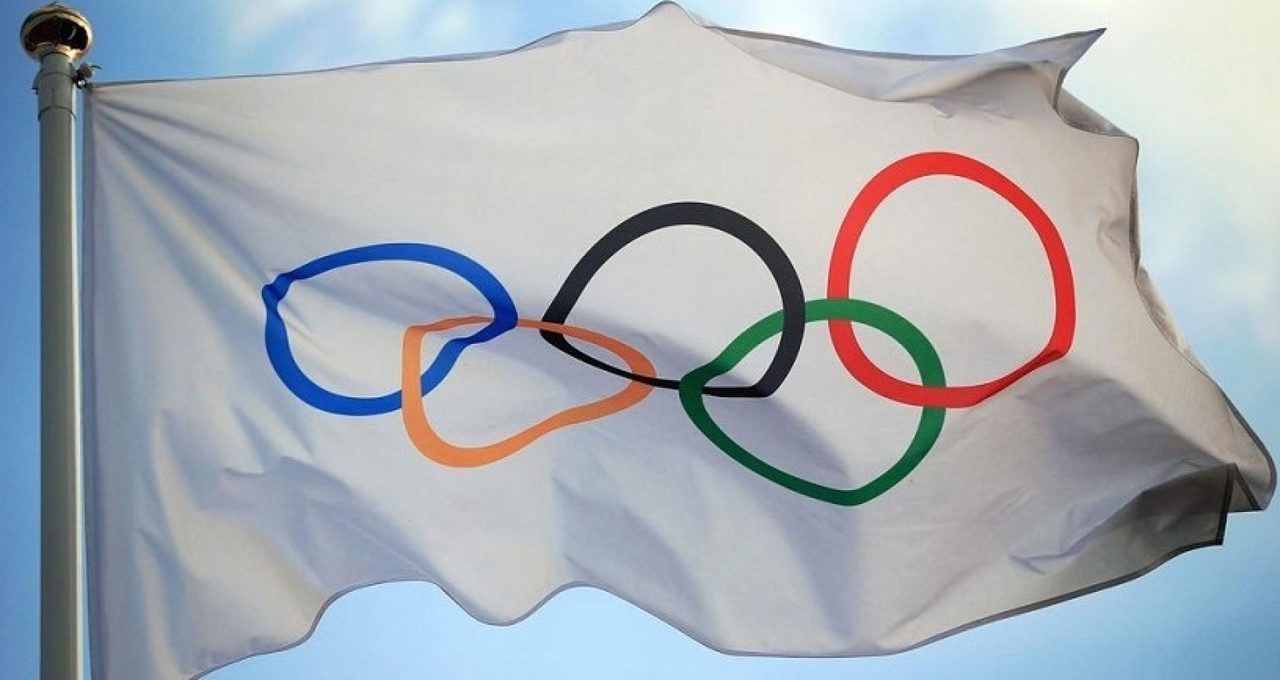
Since they are competing as neutral individuals, they will not join the parade of national teams, but "will still have the opportunity to participate in the event", said James MacLeod, director of Olympic Solidarity within the IOC, without giving further details.
Thus, the IOC has aligned itself with the decision taken at the beginning of March by the International Paralympic Committee (IPC) for the opening ceremony of the Paralympic Games on August 28 and, like the IPC, has excluded neutral individual athletes (NIA) from the official medal count.
On Tuesday, the executive committee of the organisation adopted a dedicated flag for Russians and Belarusians under a neutral flag, stamped with the letters "AIN" on a green background, as well as a short wordless anthem, which will be played if they win an Olympic title.
Stripped of their national colours, athletes from the two countries should also be few in number: only 12 Russians and 7 Belarusians have qualified so far for the 2024 Games, out of the 6,000 tickets already allocated, explained James Macleod.
Experts from the Olympic body estimate, "in the most likely scenario", that a total of 36 Russians and 22 Belarusians will qualify and that "at most" there will be 55 and 28 respectively, the official continued at a press briefing.
Once qualified, they will also have to pass the obstacle of an "examination committee" set up by the IOC to validate their eligibility - which specifically requires them not to have actively supported the Russian invasion of Ukraine.
A decision on the closing ceremony, which traditionally brings together athletes rather than delegations, with a less strict protocol, "will be taken at a later date", added James Macleod.
Translation by Iurie Tataru
